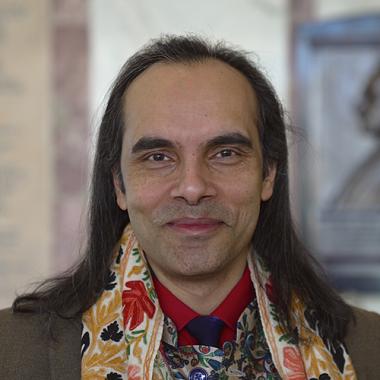
An international conference, hosted by the Centre for the Study of Democracy, exploring the enduring impact of His Holiness the 14th Dalai Lama on compassion, reincarnation and Geopolitics.

Provisional programme
- 9am-9.30am: Arrival, Onsite registration and tea/coffee
- 9.30am-9.45am: Welcome to the University; Opening Remarks from Professor Dibyesh Anand, Deputy Vice-Chancellor (Global Engagement and Employability), University of Westminster
- 9.45am-11.30am: Celebrating the legacy of the 14th Dalai Lama for Compassion and Interfaith Religious Harmony
- Moderator: Professor Dibyesh Anand (University of Westminster)
- Rep. Tsering Yangkey (Office of Tibet, London), “Four Principal Commitments of the Dalai Lama”
- Fr Dom Laurence Freeman OSB (The World Community of Christian Meditation), “The Common Ground of Religion and Dialogue as the Basis of Harmony between Religions”
- Dr Reza Shah-Kazemi (The Institute of Ismaili Studies), “The Dalai Lama and the Dynamics of Dialogue”
- Dr Desmond Biddulph CBE (President of the Buddhist Society of United Kingdom), “Role of the Dalai Lama in promoting Interfaith & Religious Harmony”
- Lady Mohini Kent Noon (Global Envoy in the UK of the International Buddhist Confederation), “His Holiness The Dalai Lama: An Ocean of Compassion & Wisdom”
- 11.30am-11.45am: Tea Break
- 11.45am-12.45pm: Buddhism in the Himalayas and the Dalai Lama
- Moderator: Professor Nitasha Kaul (University of Westminster)
- Kalu Rinpoche, Shangpa Kagyu Lineage Holder of Tibetan Buddhism
- 12.45pm-1.30pm: Lunch Break
- 1.30pm-3pm: Reincarnation in Tibetan Buddhism: Historical Perspectives
- Moderator: Dr Tsering Topgyal (University of Birmingham)
- Dr Cameron Warner (Aarhus University) “Who chose the Dalai Lama in the past? Historical Patterns and Emergent Trends”
- Charles Manson (Tibetan Literature Collection at Bodleian Libraries, Oxford), “Origins & Continuity: Genesis of The Reincarnate Lama Tradition of Tibet”
- Dr Martin Mills (Aberdeen University), “Chenrezig lineage from Sontsen Gampo to the Dalai Lamas”
- 3pm-3.15pm: Tea Break
- 3.15pm-4.45pm: The Dalai Lama: Reincarnation, Succession and the Geopolitics
- Moderator: Sonam Frasi (Institute of Tibetan Affairs)
- Sisur Lobsang Sangay (Harvard University) “Reincarnation of the Dalai Lama: Tradition, Politics, and the Geopolitics”
- Kate Saunders (Turquoise Roof/Tibet Watch) “The geopolitics of reincarnation in the Dalai Lama's 90th birthday year”
- Professor Dibyesh Anand (University of Westminster) “Tibetan Self-Determination and the Reincarnation Question in a Contested Geopolitics”
- 4.45pm-5.15pm: Vote of thanks - Sonam Frasi, FCA, FRSA (Institute of Tibetan Affairs) and Professor Dibyesh Anand
About the speakers

Professor Dibyesh Anand
Professor Dibyesh Anand is the Deputy Vice-Chancellor (Global Engagement and Employability) at the University of Westminster. A professor of international relations, he is the author of monographs "Geopolitical Exotica: Tibet in Western Imagination”, "Tibet: A Victim of Geopolitics", and “Hindu Nationalism in India and the Politics of Fear” and has spoken about, and published extensively on, varied topics including postcolonial politics and international relations, Tibet, China-India border dispute, Hindu nationalism, Islamophobia, and colonial practices of postcolonial states. He is on Twitter @dibyeshanand.
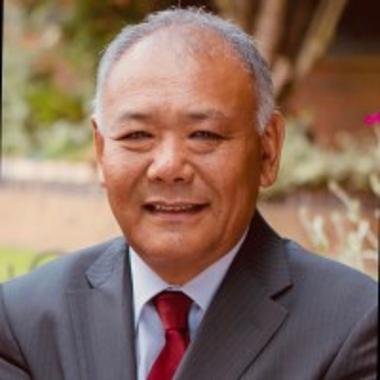
Sonam Frasi
Sonam Frasi FCA, FRSA, is a Chartered Accountant by profession and a Trustee of the Institute of Tibetan Affairs, conducting research on the international policies affecting the core values of Tibet. He was the Representative of His Holiness the Dalai Lama and the Central Tibetan Administration (Tibetan Government-in-exile) to Northern Europe, Baltic States and Poland from 2018 to 2024. He has been a pillar of the Tibetan community in the UK, taking pivotal roles in developing a successful and cohesive Tibetan community in the UK, and from 2001 to 2011 as an elected representative of the Tibetans in Europe at the Tibetan Parliament-in-exile. He has also been a member of the Tibetan Task Force for negotiation, the core group of advisors and strategists on the Sino-Tibetan dialogue until 2021. He has written and spoken extensively on the peaceful resolution of Tibet issue.
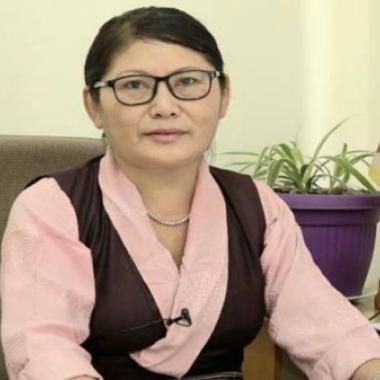
Tsering Yangkey
Tsering Yangkey was born and raised as a Tibetan refugee in India. She completed her early education at the Central School for Tibetans in her village, and later earned a Bachelor’s degree from Christ College in Bangalore. Driven by her commitment to the Tibetan political cause, she joined the Central Tibetan Administration (CTA) in Dharamsala in 1995. Prior to her appointment in November 2024 as the Representative of His Holiness the Dalai Lama and the CTA in the United Kingdom, she served in various departments, including the Department of Religion and Culture, Department of Health, Department of Information and International Relations, Tibetan Institute of Performing Arts, Tibet Policy Institute, and the Public Service Commission.
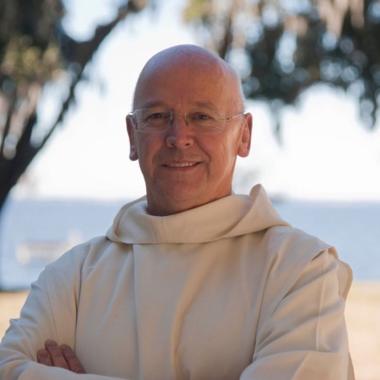
Fr Dom Laurence Freeman OSB
With Irish roots, Fr. Dom Laurence Freeman studied English Literature at Oxford University. He is Director of The World Community for Christian Meditation (WCCM), a global, inclusive contemplative community. Fr. Laurence is a monk of the Benedictine Congregation of Monte Oliveto Maggiore. He is also the Director of Bonnevaux, the spiritual centre of the WCCM. Fr. Laurence was awarded the Order of Canada in recognition of his work for interfaith dialogue and the promotion of world peace.
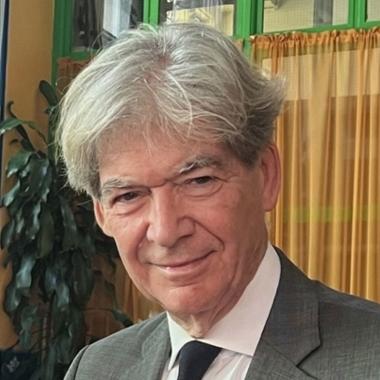
Dr Desmond Biddulph
Dr Desmond Biddulph CBE is President of The Buddhist Society, founded in 1924 to represent authentic schools of Buddhism. He is a medical doctor and specialises in the field of mental health. He is a member of the Royal College of Psychiatrists and The British Psychoanalytic Council and a past clinic director of the SAP. He has worked in Interfaith for many decades and hosted the last Interfaith visit of His Holiness the Dalai Lama, Patron of The Buddhist Society at The House of Lords, with the participation of international faith leaders.
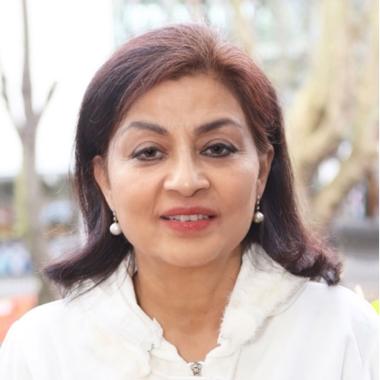
Lady Mohini Kent Noon
Lady Mohini Kent Noon is the Global Envoy (UK) of the International Buddhist Confederation (IBC) and Founder Chairperson of the charity Lily Against Human Trafficking, with a focus on abused children. She is an author, filmmaker, journalist and charity worker. Her books include Nagarjuna: The Second Buddha; Black Taj, a novel; Dear Mama; The Friend, on Vedanta. She wrote and directed The Ramayana feature film; Curry Tiffin, a documentary on the history of India through food, and worked with Sir Ben Kingsley on both films. Her stage plays include Rumi: Unveil the Sun, on the great Sufi mystic. She has worked for several newsmagazines, including India Today, The Times of India, The Tablet, and BBC Radio. She gives public talks on women's issues and food, mentors youth and curates interfaith dialogue.
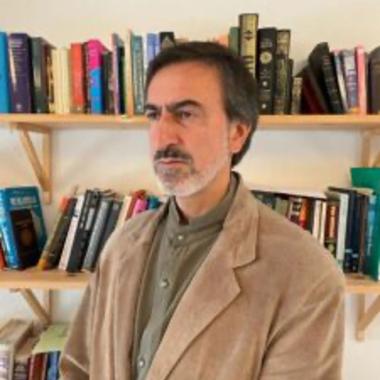
Dr Reza Shah-Kazemi
Dr Reza Shah-Kazemi is a Senior Research Associate at The Institute of Ismaili Studies, London; an author of works in the fields of Comparative Religion and Islamic Studies; and Managing Editor of Encyclopaedia Islamica. Among his works are Paths to Transcendence: According to Shankara, Ibn Arabi and Meister Eckhart (Bloomington: World Wisdom Books, 2006) and Common Ground between Islam and Buddhism, with a Foreword by H. H. The Dalai Lama (Louisville: Fons Vitae, 2010).
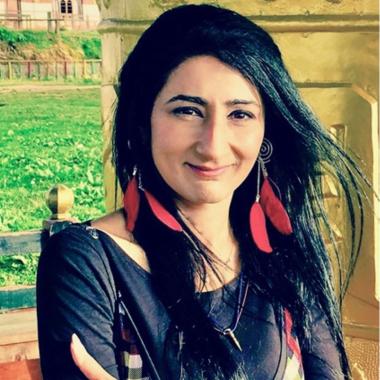
Prof. Nitasha Kaul
Professor Nitasha Kaul is Director of the Centre for the Study of Democracy (CSD) and Chair Professor of Politics, International Relations, and Critical Interdisciplinary Studies at the University of Westminster. A multidisciplinary public intellectual, she is the author of over 150 publications, including books, book chapters in numerous critical and ground-breaking edited collections, plus peer-reviewed original research articles in numerous journals across humanities and social science disciplines. She has worked on different aspects of the wider Himalayan region for over two decades and recently co-edited a special issue of the European Bulletin for Himalayan Research. As an expert on Bhutan, her extensive research, publications, and projects on the history, politics, and geopolitics of Bhutan as a small Himalayan state have been crucial in advancing knowledge in this field. In addition to being a widely-travelled academic, Professor Kaul is an award-winning novelist and media commentator. Over the years, she has delivered invited lectures and keynotes at institutions around the world, addressing diverse audiences, including US Congress, UN, and European Parliament.
Her interventions have appeared in major international radio, televisual, and print media.
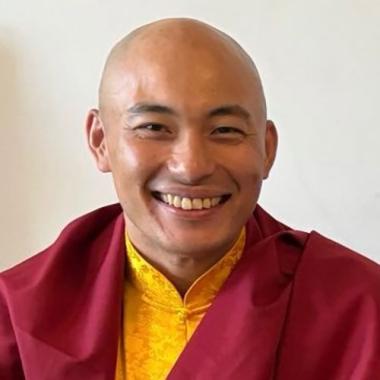
Kyabje Kalu Rinpoche
Kyabje Kalu Rinpoche is the lineage holder of Shangpa Kagyu tradition of Tibetan Buddhism. At the age of 4, His Holiness the Dalai Lama and His Eminence Kenting Tai Situ Rinpoche recognised him as the reincarnation of the previous Kalu Rinpoche, who passed away in 1989. The previous Kalu Rinpoche had been the retreat master at Palpung Monastery in Tibet, and during the 1940s and 1950s, at the request of the Bhutanese Royal Family, he established the three-year retreat practice in Bhutan. The present Kalu Rinpoche continues to serve His Majesty the 5th King of Bhutan. With the blessings of H. H. the Dalai Lama, Rinpoche continues the legacy of his predecessor to continue with his spiritual responsibilities, preserving and promoting the Shangpa Kagyu lineage practices and Tibetan culture, with the aim of connecting with anyone interested in the teachings of the Buddha Dharma, bridging ancient wisdom with modern ways of living. Today Rinpoche takes a modern approach to the teaching of Buddha Dharma, utilising methods derived from Niguma yoga practice to promote mental and physical wellbeing in response to the 20th century’s fast and chaotic world of materialism and stress. He also maintains and runs various charitable activities across the globe and, in keeping with the Shangpa lineage’s history, he embraces the feminine aspect of Buddhist practice and wisdom, teaching regularly in many countries.
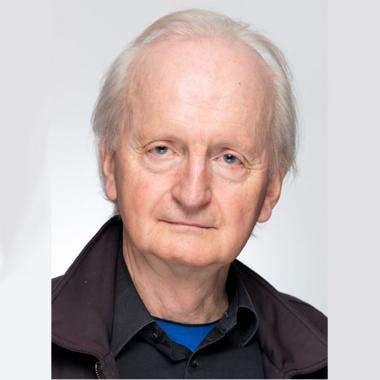
Charles Manson
Charles Manson is a librarian for the Tibetan Collections at Bodleian Libraries (Oxford University) and The British Library, and the author of The Second Karmapa: Karma Pakshi, Tibetan Mahasiddha.

Dr Tsering Topgyal
Dr. Tsering Topgyal is a political scientist specialising in International Relations, Asian politics and security, Chinese politics, and Tibetan studies. He teaches courses such as Dilemmas in International Relations, International Politics of East Asia, Asia-Pacific Security, and Chinese Politics and Foreign Policy at the University of Birmingham. Tsering’s primary research interest is the political and security aspects of contemporary Tibet and China. He is the author of the book “China and Tibet: The Perils of Insecurity” published in 2016, and scholarly articles in journals such as Asian Security, Journal of Contemporary China, Pacific Affairs, China Report etc. He is currently writing a book on China’s ‘Nationalities Policy’ with special attention to Tibet and Xinjiang.

Dr Cameron Warner
Cameron Warner studies two interrelated processes: the changes to Buddhism in the Himalayas (Tibet, Nepal, India, Bhutan) and the development of Nepal. His research has touched upon material culture, gender, migration, politics, and heritage preservation. He also serves as the chairperson for the Leadership and Reincarnation of the Dalai Lamas Research Network (LEAD) funded by the Independent Research Fund Denmark. LEAD discusses the impact of the Dalai Lama's plans for his upcoming succession.
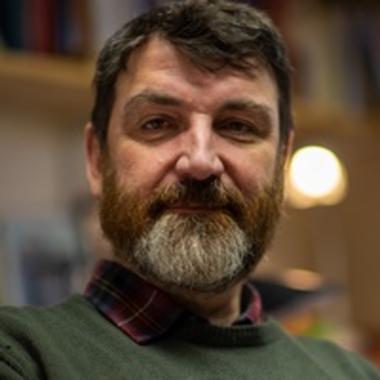
Dr Martin Mills
Martin Mills is the Chair of Anthropology Department of the University of Aberdeen and Director of the Scottish Centre for Himalayan Research. He is the author of Identity, Ritual and State in Tibetan Buddhism: The Foundations of Religious Authority in Gelukpa Monasticism (Routledge 2003) and specialises in the religious and constitutional history of Tibet.
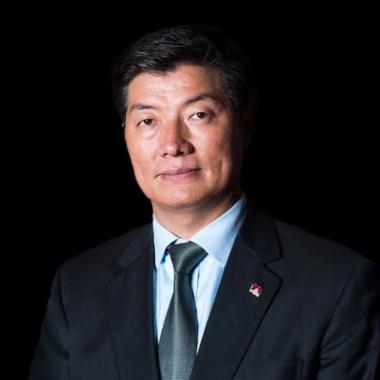
Dr Lobsang Sangay
Sisur Lobsang Sangay is a Senior Visiting Fellow of Harvard Law School’s East Asian Legal Studies Program. He was the democratically elected Sikyong of the Central Tibetan Administration from 2011 to 2021. Sangay earned his B.A. and L.L.B. from Delhi University, followed by an L.L.M. and S.J.B. from Harvard Law School. He has published extensively on Tibetan legal issues and has played a significant role in advancing Tibetan rights on international platforms.
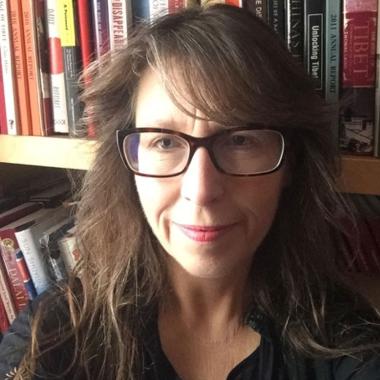
Kate Saunders
Kate Saunders is a Tibet specialist and co-founder of Turquoise Roof, a project that combines Tibetan research expertise with open-source intelligence methods to deepen understanding of the situation in Tibet, currently working with Tibet Watch in the UK. With over 20 years of senior-level experience as a Tibet/China specialist, Kate formerly served as Research Director of the International Campaign for Tibet. Kate is the author of 'Eighteen Layers of Hell: Stories from the Chinese Gulag', one of the few English-language works examining the Chinese laogai system, and a new report ‘Sacred Authority and State Power: The Dalai Lama Institution in a global context’, published in June 2025 by the Czech thinktank Sinopsis. Her articles and op-eds have appeared internationally in publications including The Guardian, The Times, the New York Times, The Independent and others.
